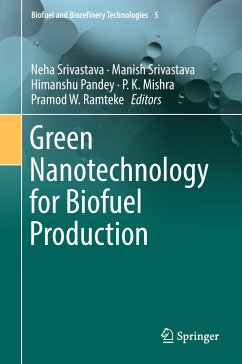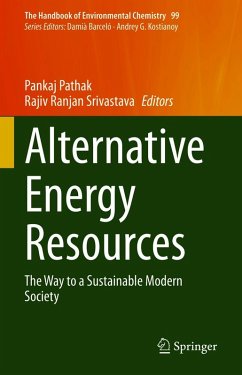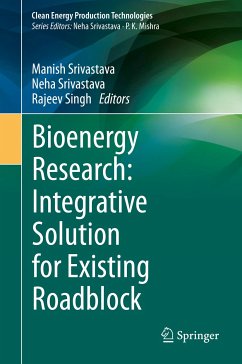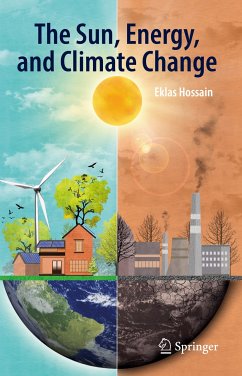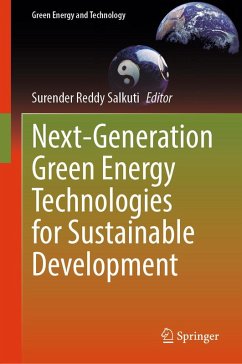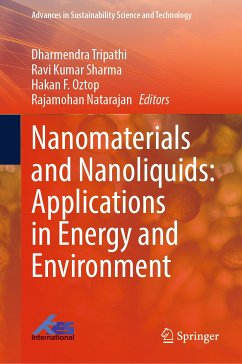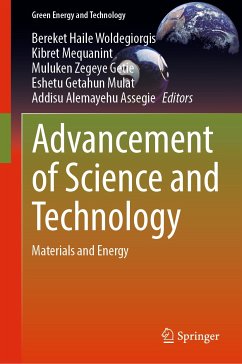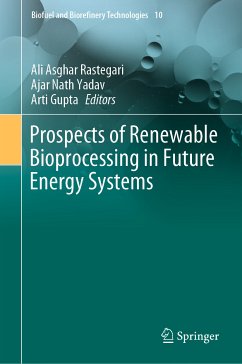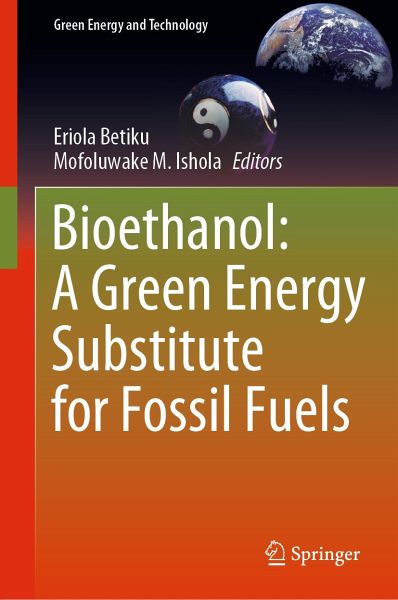
Bioethanol: A Green Energy Substitute for Fossil Fuels (eBook, PDF)
Versandkostenfrei!
Sofort per Download lieferbar
144,95 €
inkl. MwSt.
Weitere Ausgaben:

PAYBACK Punkte
72 °P sammeln!
This book looks deeply into the prospects for using ethanol as a greener alternative to fossil fuels and the technical and scientific issues that surround them. Ethanol, with its numerous advantages, has emerged as a promising contender to replace gasoline as a fuel source. Currently, it is commercially available as a blend with gasoline, commonly known as E10 and E25, utilizing various ratios of ethanol. Despite its clear benefits over gasoline, the widespread adoption of ethanol as a fuel remains hindered by its limited availability. In this insightful book, we aim to explore the multifacete...
This book looks deeply into the prospects for using ethanol as a greener alternative to fossil fuels and the technical and scientific issues that surround them.
Ethanol, with its numerous advantages, has emerged as a promising contender to replace gasoline as a fuel source. Currently, it is commercially available as a blend with gasoline, commonly known as E10 and E25, utilizing various ratios of ethanol. Despite its clear benefits over gasoline, the widespread adoption of ethanol as a fuel remains hindered by its limited availability. In this insightful book, we aim to explore the multifaceted challenges surrounding ethanol's full integration into our energy landscape, employing a comprehensive approach through review manuscripts.
Leading worldwide experts, known for their deep understanding of ethanol as a fuel, have contributed to the book. Their valuable insights and contributions enrich the book's content, offering readersa comprehensive exploration of the subject matter. This book is a compelling resource for researchers, energy professionals, and anyone interested in understanding the challenges and opportunities associated with the integration of ethanol as a substitute for gasoline.
Dieser Download kann aus rechtlichen Gründen nur mit Rechnungsadresse in A, B, BG, CY, CZ, D, DK, EW, E, FIN, F, GR, HR, H, IRL, I, LT, L, LR, M, NL, PL, P, R, S, SLO, SK ausgeliefert werden.



